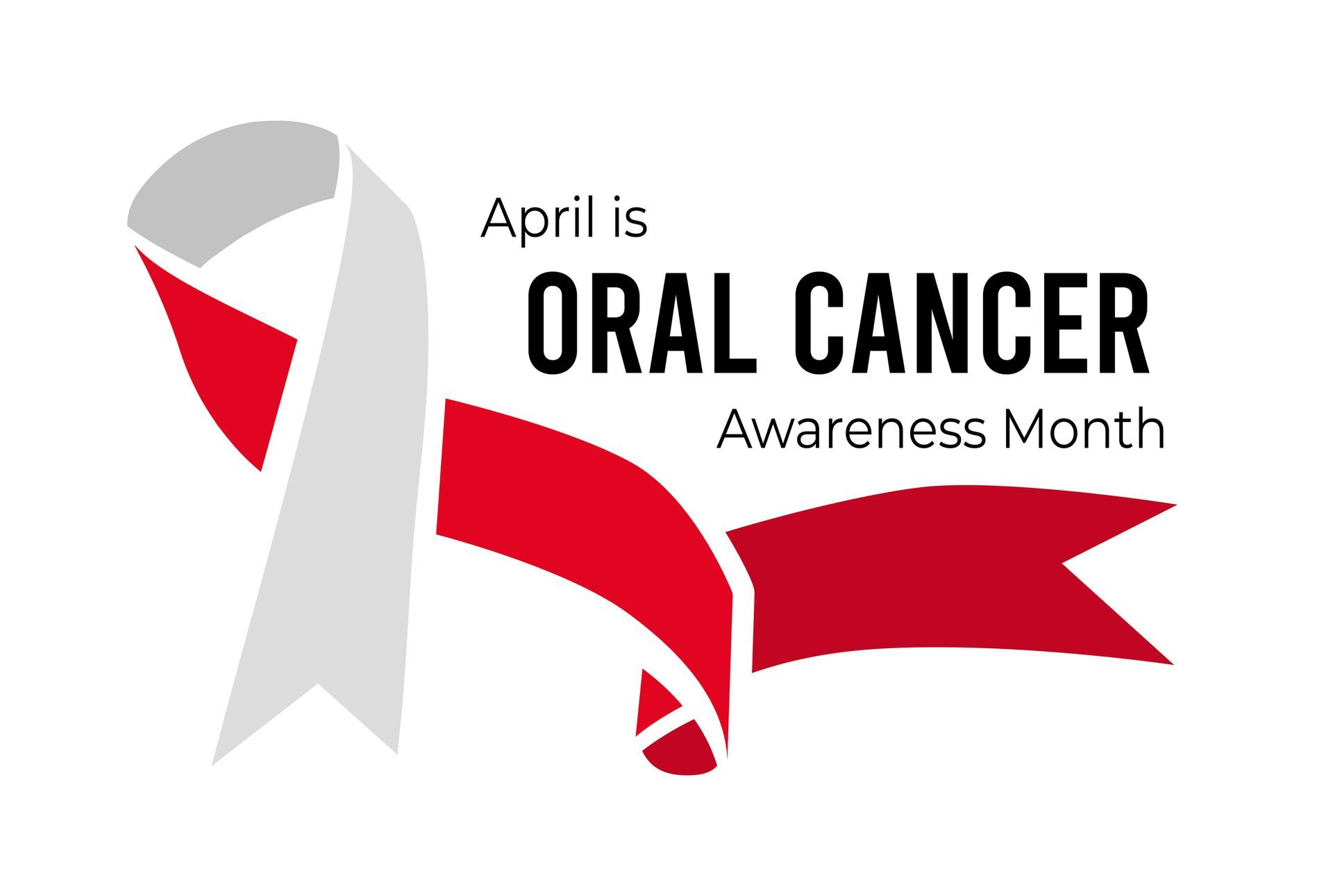Baby’s First Cavities: Preventing the Pitfalls of Baby Bottle Tooth Decay
Baby bottle tooth decay refers to the presence of cavities in the teeth of infants and very young children. Also known as early childhood caries, this condition can lead to a cascade of dental issues if not addressed promptly. This article dives into the causes, consequences, and, crucially, the prevention of baby bottle tooth decay.

The Sweet Culprit: Causes of Baby Bottle Tooth Decay
At the core of baby bottle tooth decay is frequent and prolonged exposure of a child’s teeth to sugary drinks. Here’s how it typically happens:
• Bottle Feeding at Bedtime: Sending a child to bed with a bottle of milk, formula, or juice can leave teeth bathed in sugars throughout the night.
• On-Demand Bottle Feeding: Allowing a child to sip on sugary liquids from a bottle throughout the day creates a constant sugar attack on the teeth.
• Inadequate Oral Hygiene: Not cleaning a baby’s gums and emerging teeth regularly can facilitate the buildup of plaque.
Bacteria in the mouth thrive on these sugars, producing acids that attack the enamel of the teeth, leading to decay.
The Toll of Neglect: Consequences of Untreated Decay
If baby bottle tooth decay is not intercepted, it can have far-reaching effects:
• Pain and Discomfort: Cavities can cause significant pain for children, affecting their quality of life.
• Chewing Difficulties: Decay can lead to difficulties in eating, which can affect nutrition.
• Speech Impediments: Early tooth loss can result in speech problems as the teeth play a role in sound formation.
• Poor Self-Esteem: Damaged or discolored teeth can impact a child’s confidence.
• Costly Dental Work: Advanced decay can necessitate extensive dental work, even at a very young age.

Prevention: A Multi-Pronged Approach
Here’s how to safeguard your child’s oral health:
• Early Dental Habits: Before teeth erupt, clean your baby’s gums with a soft cloth. Once teeth appear, brush them gently with a child-sized toothbrush and a smear of fluoride toothpaste.
• Mindful Bottle Use: Avoid putting your child to bed with a bottle unless it contains only water.
• Encourage Drinking from a Cup: Introduce a sippy cup at six months and aim to wean off the bottle by 12-14 months.
• Healthy Dietary Choices: Offer a well-balanced diet and limit sugary snacks and drinks.
• Fluoride Fortification: Use fluoride toothpaste and ensure your child gets enough fluoride, which can strengthen enamel. Consult with a dentist on the appropriate amount for your child.
• Regular Dental Visits: Establish a dental home for your child by their first birthday or when their first tooth appears.
Conclusion: Starting Off on the Right Foot
By understanding baby bottle tooth decay, you can take proactive steps to protect your child from this preventable condition. Remember, healthy baby teeth set the stage for healthy permanent teeth, and the care you give now lays the foundation for a lifetime of dazzling smiles.
With the right practices, you can ensure that your child’s teeth remain healthy and strong from the start, paving the way for a bright dental future.




